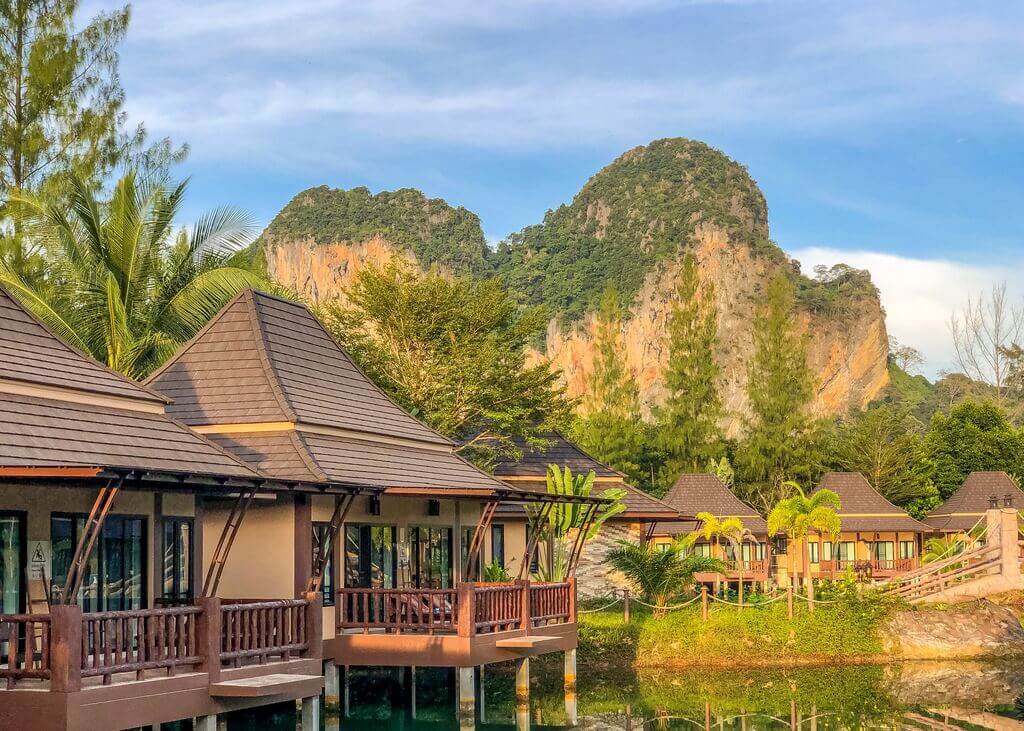The real estate sector is crucial for Thailand, influencing various related industries. With domestic purchasing power diminishing, the government recognizes the importance of opening up the market to international investors. These proposed amendments signal a significant shift in Thailand’s approach to foreign investment in property.
Proposal to extend lease terms from 30 to 99 years
One of the key amendments under consideration is extending the maximum lease term from the current 30 years to 99 years. This move is designed to make real estate investments in Thailand more appealing to foreigners by offering more attractive and secure long-term lease agreements. A 99-year lease provides a level of certainty and stability that is comparable to property ownership in other countries.
In April 2023, the cabinet directed ministries to explore the feasibility of longer lease terms. By June, the Interior Ministry was tasked with advancing these proposals. Extending lease terms could significantly enhance Thailand’s competitiveness in the global real estate market, drawing more international investors seeking long-term opportunities.
Revising the Rights Over Leasehold Assets Act
The government also plans to revise the Rights Over Leasehold Assets laws to better define and expand leasehold rights. The current 2019 Rights Over Leasehold Assets Act allows lease terms from 3 to 30 years, enabling the transfer and use of property as collateral. However, this law hasn’t been fully utilized or integrated into the market as intended.
By revising these laws, Thailand aims to align its real estate regulations with international standards. Enhanced leasehold rights would provide greater security for foreign investors, encouraging more investment in the sector. The revisions could make it easier for leases to be transferred, sold, or used as collateral, thereby increasing the liquidity and attractiveness of Thai real estate.
Adoption of previous administration’s ideas and addressing political challenges
The current administration, led by Paetongtarn Shinawatra, seeks to adopt ideas from previous governments to allow more foreign participation in Thai real estate. However, current laws restricting foreign land ownership present political challenges. Former Prime Minister Thaksin Shinawatra previously suggested that land sold to foreigners should first be transferred to state management under the Treasury Department.
This proposal would allow foreigners to lease the land for up to 99 years, with ownership remaining with the state after the lease expires. Implementing such measures would require amendments to existing state land laws. While politically sensitive, these changes could provide a compromise that attracts foreign investment while maintaining national control over land ownership.
Learning from international models to enhance competitiveness
Thailand is looking at international examples to modernize its approach to leasehold real estate. Countries like England, Wales, France, and Cambodia have special lease laws allowing long-term leases and granting tenants greater rights. These models offer insights into how Thailand can make its real estate market more competitive and attractive to international investors.
By adopting similar practices, Thailand can provide foreign investors with the security and flexibility they seek. Modernizing leasehold laws could position Thailand as a leading destination for real estate investment in Southeast Asia, offering opportunities for both investment and as a holiday home destination.






